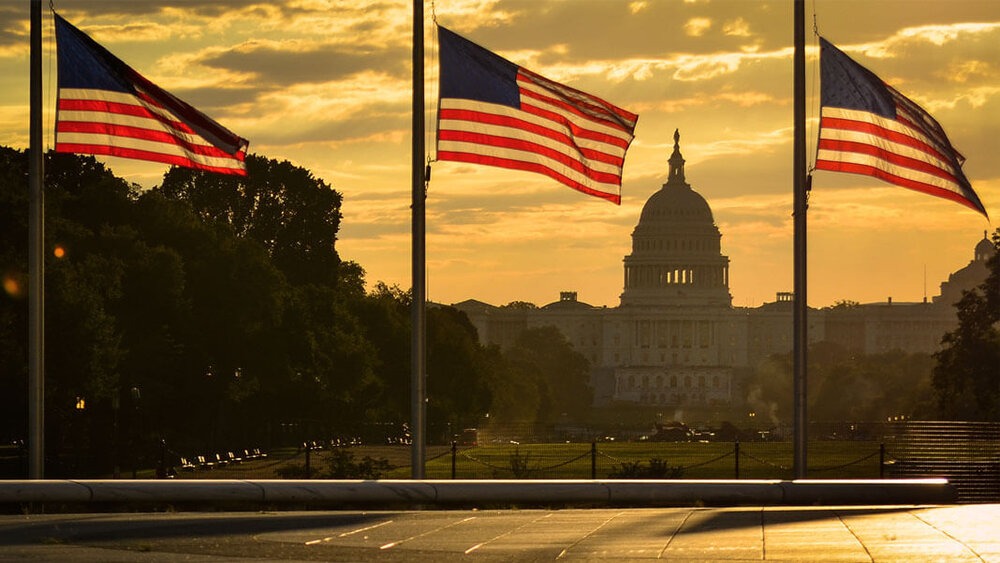Dr. Elaheh Nouri Gholamizadeh, in an interview with the website of the Strategic Council on Foreign Relations, also referred to the annual US intelligence report and described it as the outlook for US intelligence-security activities, adding: The published annual report, following the same general pattern that we now see in the dimensions of American foreign policy, continues to show some confusion.
Confusion in American foreign policy
She said that after the withdrawal of the United States from the Joint Comprehensive Plan of Action (JCPOA), there was international skepticism about Washington’s obligations at the international level, adding now that Biden is in office in the United States, the country is involved in managing domestic issues such as the Coronavirus, elections and other issues and in this process, there has been some confusion in US foreign policy on some issues, including Iran’s nuclear activities.
Referring to parts of the report that has emphasized the Islamic Republic of Iran is not currently engaged in key activities to develop nuclear weapons, the university professor said: Although it has been said, for example, that Iran’s nuclear activities are not dangerous in terms of weapons production or action, however, Iran has been identified as a threat to US national interests, alongside North Korea, China and Russia.
Saying that Iran’s activities in the four regional, missile, cyber and nuclear industry areas have been considered by the United States, Nouri added: Recently, the US State Department spokesman Ned Price said that the US is ready, if Iran does not have a dangerous outlook in its nuclear activities, to lift the sanctions gradually, but during the talks in Vienna, the US National Security Adviser said the United States would not lift the sanctions against Iran; unless Iran adheres to its nuclear commitments.
US does not intend to take a transparent stand
The analyst of international affairs added: The content of the annual intelligence document also shows that the United States still does not intend to take a clear position on this issue.
Emphasizing that from a foreign policy perspective, we can say that the United States has made a change in its foreign policy when it begins to take steps to lift sanctions, she said: We do not see such a thing at the moment, and it seems that the country does not seem to have decided to take steps to lift the sanctions, because lifting sanctions is a time-consuming process.
Nouri said it seems that internally the interests of the lobbies, including the Zionist lobby, which is very influential, will be jeopardized by the transparency of some decisions, adding: We must put this confusion in the internal conditions of the United States, the US is facing political, economic and social problems and has not yet been able to manage this situation.
US faces many issues in confrontation with Russia and China
The expert on international affairs, referring to other sections of the US annual intelligence report that has assessed covert infiltration operations of Russia and China as other important global threats to the United States, said: However, Russia is now the military rival of the United States, and China is its economic rival. The United States certainly has a lot of issues in confronting with those competitors.
Stressing that at least during the next year and the subsequent years, it should not be expected to see a dramatic change in the policy of the United States towards a number of countries, including Iran, she said: There is no doubt that the United States still has the upper hand in the economic, military, and political spheres, but there is a serious competitor in each of these spheres of superiority.
Nouri, referring to the effects of the Coronavirus epidemic on the US economy and rising unemployment and social unrest in that country and social discontent, said: Even if the United States is considered as a superpower, it will take time to revive itself with these serious rivals, when it is not at all clear whether it is 10 years or more.
The university professor emphasized: The issue of the decline of the United States is a matter that seriously manifests itself in the various pillars of that country, the ambiguity or lack of transparency that we see in the American policies has no shrewd dimension, but rather indicates confusion. After all, that country has shown the world a foreign policy perspective which is declining; therefore, in order to slow down this decline, it needs time, it takes time to get out of this confusion in the field of political decision-making.
She explained: The United States tries to consider the interests of its stakeholders and not make a clear and transparent decision in many areas of foreign policy.










0 Comments